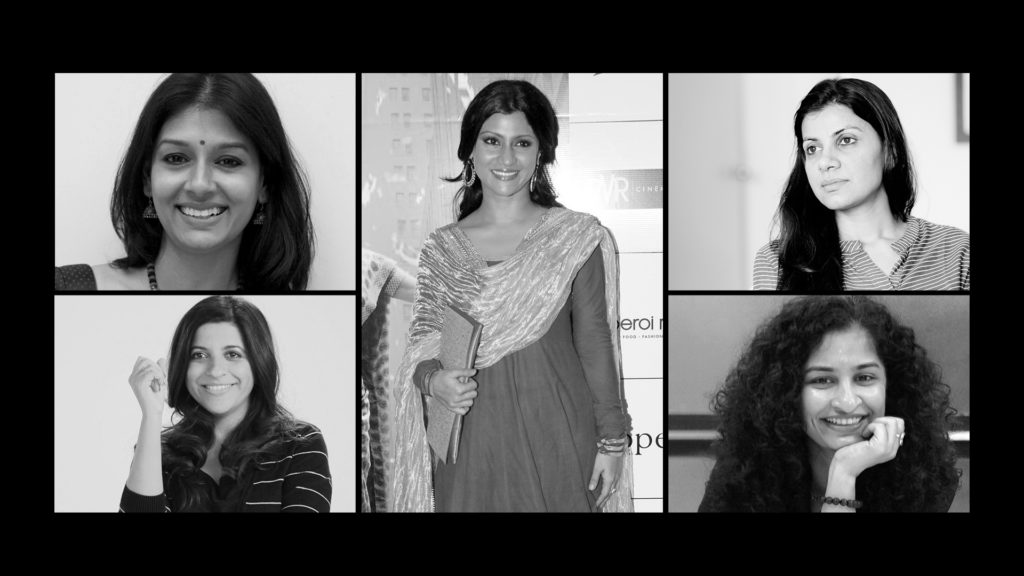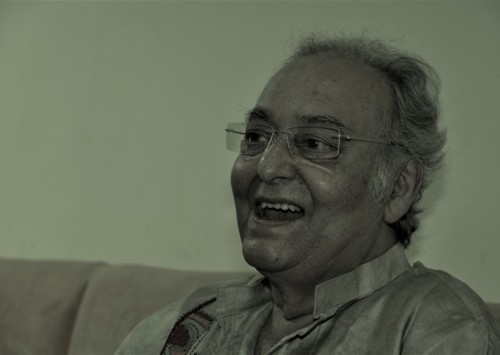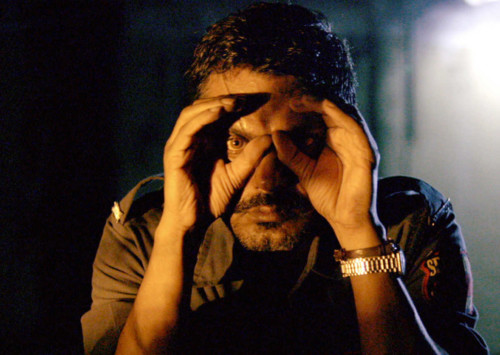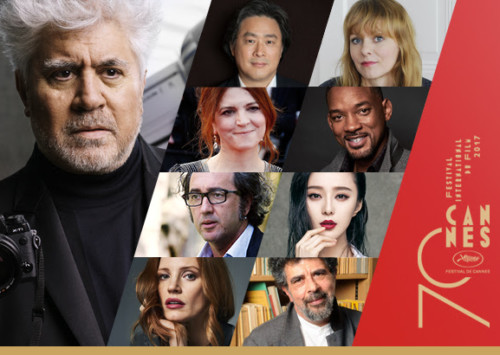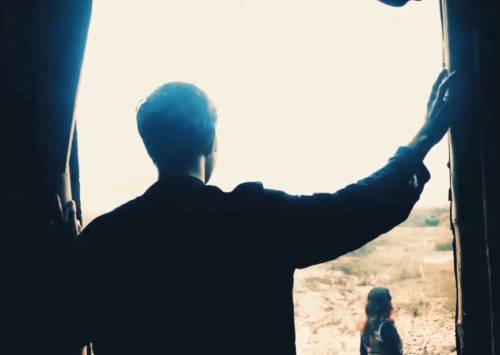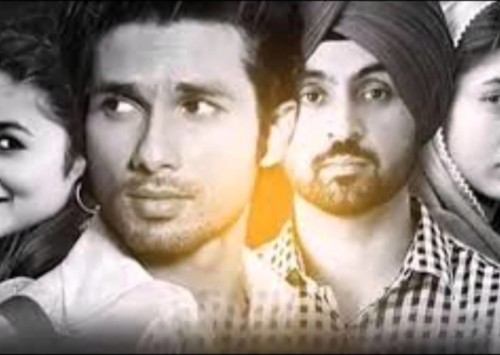Five promising female filmmakers of India
Indian women have been slowly but steadily establishing themselves behind the camera, in a predominantly male-oriented industry.
In the beginning of June, Wonder Woman was released in United States of America (US). Patty Jenkins proved how a live-action superhero movie directed by a woman can be high grosser. The film opened to USD 228 million globally and recorded the biggest domestic launch (USD 103 million) for a female director, says The Hollywood Reporter.
Like Hollywood, India too had a small space for female directors over the years with few exceptions. The likes of Mira Nair, Deepa Mehta or Aparna Sen broke through the barriers bringing a different league of stories on the silver screens of Indian theatres and gradually the times as they say started changing. Today, however, there are a number of ‘wonder women’ in Indian cinema who are turning the tables around and donning the hat of the director with poise. Here is a list of five female directors who are making waves in India and abroad attracting audience attention and critical acclaims.
Nandita Das
Nandita Das started her career as an actress in theatres and then in feature films and short films of various genres. With a few social initiative short films and a documentary on Sardar Gurcharan Singh she found her new love in direction. Her first feature film was Firaaq (2008), which was based on the 2002 Gujarat riots and was critically acclaimed in India and abroad. With two National Film Awards and a number of international film festival awards in her bag, Firaaq still did not make things easy for Das.
Her second film is called Manto and is based on the life of the Indo-Pakistani writer Saadat Hasan Manto. She revealed the first look of her film at the recently concluded Cannes Film Festival. “It is a male dominated industry and it is said one has to be elbow one’s way into it if you are a woman. Often the discrimination and prejudice surface in subtle ways, and that’s why it is more difficult to negotiate through them. Though I have to say, I feel lot less undermined while doing Manto than what I felt in Firaaq. It could be that the latter was my first film or maybe I am more confident now than I was nine years ago. After all the film industry is only a reflection of society, so the challenges in dealing with the gender disparity are the same as they are in society,” Das said in an interview with MIG.
Zoya Akhtar
Daughter of the legendary writer and lyricist Javed Akhtar, Zoya made her debut with Luck by Chance (2009) and followed it up with successful and alternative genre films such as Zindagi Na Milegi Dobara (2011), Bombay Talkies (2013) and Dil Dhadakne Do (2015). Her films delved into human emotions from a very urban point of view and addressed the nuances of first world problems gradually becoming prominent in India. With more than one international film festival screenings and the coveted Indian film awards such as Filmfare, IIFA and Zee Cine Awards, Zoya has come a long way to establishing herself in mainstream cinema.
Gauri Shinde
From ad-films to feature films, the journey of this Pune-born lady was not less than extraordinary. Her debut with a housewife drama English Vinglish (2012) followed by Dear Zindagi (2016) not only got box-office success but also made a mark in the mind of the quintessential Indian audience for being gritty, smart and different at the same time.
Being a woman it does not necessarily mean that your subjects have to be women centric. Shinde, although narrates the emotional turmoil and the idiosyncrasies of urban women in both her films have also delved into the psyche of the anarchic society that fails to address the boundaries of care and love with the most careful eyes of an auteur. The coveted Indian film awards such as IIFA, Filmfare for her debut film English Vinglish announced the entry of a director who knows her job bloody well.
Alankrita Shrivastava
Here is one more lady with the director’s hat whose film has recently made headlines for reasons that will make an Indian film lover proud as well as ashamed. Alankrita’s second film Lipstick Under my Burkha has more than ten international film awards in its bag along with the Golden Globes nomination; however, the film certifying body of India (CBFC) thought the film was woman-centric and vulgar. After being contested at the tribunal court in Mumbai, the film is now slated for an all-India release.
In an interview with MIG Alankrita described how the space for women and films based on the subjects related to women are difficult to pursue in India. “I feel, there should be as many films about women as men. Till then, we have a long way to go. But, having said that, I think it is also important that the gaze of the films is female. Right now, the male gaze dominates cinema. And, therefore, the portrayals of women are quite skewed. Having male characters play saviours defeats the purpose of having female protagonists. Having more films about women is step one, but when the portrayals are more sensitive, that is the second step,” she said.
Konkona Sen Sharma
Aparna Sen who made her debut as a director in 1981 with her National Award winning film 36 Chowringhee Lane induced the exact proportion of a fascinating actor and the meticulous auteur in her daughter Konkona Sen Sharma. Her debut film A death in the Gunj released a couple of weeks back reiterated the equanimity and the unhurried flair of Konkona as a filmmaker. Her colleagues are elated and her seniors have depicted delight and awe as they left their seats with the end scroll fading into black, “a director has arrived”, they said.
The Academy Awards till now has only honoured one female director, Katheryn Bigelow in 2009 for The Hurt Locker. However, the Cannes Film Festival 2017 awarded the best director prize to Sofia Coppola for The Beguiled. She is the second woman to win best director award at Cannes after the Russian director Yuliya Solntseva in 1961. As far as India’s representation at the Cannes Film Festival is concerned it was again Payal Kapadia, a student of FTII Pune who got her 13-minute short film Afternoon Clouds in the Cinefondation category this year, the only official entry from India. While the world is apprehensive to accept the wonder women in the filmmaking circle, India is perhaps a step ahead, or is it still making room for more? The answer lies in the veiled smiles of these ladies adding feathers to their director’s hat.

